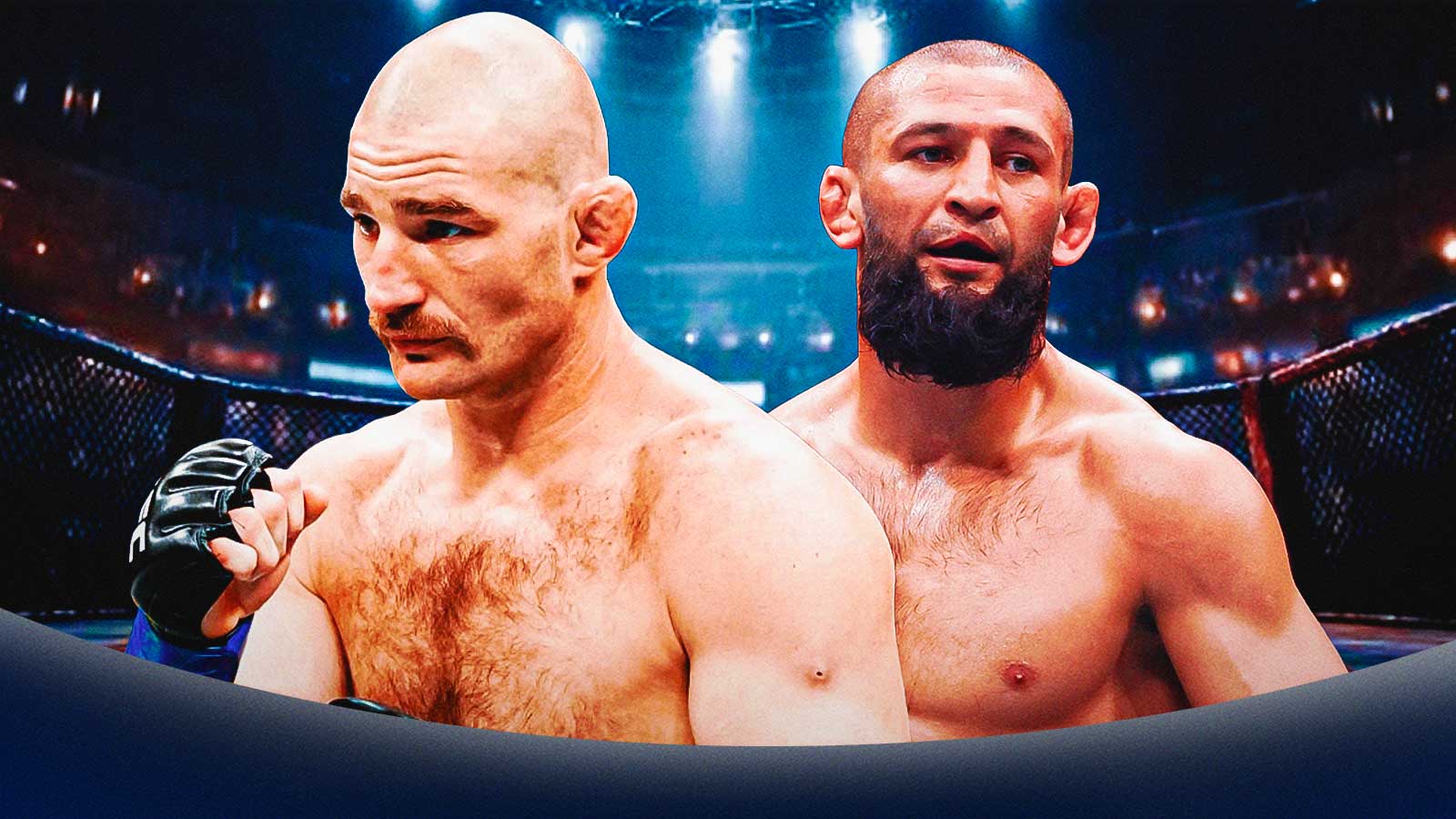Bryan Battle has officially been removed from the UFC roster, according to roster-watch trackers. The 29-year-old middleweight turned welterweight departs the promotion with a record of 7-1-0, 1 NC, a resume that reflects steady success inside the Octagon but was ultimately clouded by persistent issues at the scale.
🚨| Bryan Battle has been removed from the UFC roster, per https://t.co/ijKES24kVb. ❌
Battle departs with a UFC record of 7-1-1 NC.
The American missed weight in three occasions with the promotion. ⚖️😬 pic.twitter.com/W4vLJzUYAv
— MMA Orbit (@mma_orbit) August 20, 2025
For fans who followed Battle’s rise since winning The Ultimate Fighter, this development marks an abrupt shift. Battle was regarded as a durable, well-rounded competitor with a knack for finishing fights and an engaging personality that connected with audiences. Yet the realities of competing at the highest level in combat sports are unforgiving, and consistent professionalism—particularly when it comes to making weight—remains a fundamental requirement for longevity in the UFC.
A Record Highlighted by Promise but Shadowed by Missed Weigh-ins
Battle’s 7-1-0, 1 NC UFC record is no small achievement. He proved his mettle against a range of opponents and showcased a versatile skill set, mixing striking with resilient grappling. His lone official loss came in a competitive bout where he still managed to display grit under fire, maintaining his reputation as a fighter who doesn’t fold easily.
However, missed weight has been a recurring issue. Across his tenure with the UFC, Battle failed to make the contracted limit on three separate occasions. While one miss could sometimes be attributed to bad timing, injuries, or difficult weight cuts, three is a number that becomes difficult to overlook for matchmakers and executives. Every miss creates logistical frustration: opponents left with tough choices, cards needing alterations, and reputational damage for the promotion. In an era where the UFC is ruthless with roster cuts and talent flux, repeated scale failures can overshadow otherwise impressive performances.
Bryan Battle is FOUR POUNDS over the middleweight limit at #UFC319 weigh-ins.
He missed weight at welterweight in his previous bout. pic.twitter.com/jsKskc8HoK
— MMA Junkie (@MMAJunkie) August 15, 2025
What Comes Next for Battle?
Athletes departing the UFC often find second acts in promotions such as PFL, ONE Championship, or regional circuits across North America. Battle remains young by MMA standards, with time to refine his weight-cutting or perhaps commit to a weight class better suited to his natural frame. A dedicated focus on sports science, nutrition, and conditioning could resolve the issues that derailed his UFC tenure. Importantly, UFC exits are not always permanent. Fighters like Brandon Moreno and others have proven that careers can be revived, with redemption arcs leading to titles and legacies.
Just seen the news that Bryan Battle has been cut from the UFC following back-to-back weight misses…
He'd be a very interesting signing for the PFL if they were the snap him up right now! pic.twitter.com/K9xqRedwmo
— The Fight Bubble (@thefightbubble) August 20, 2025
For Battle, the question becomes whether he will use this setback as fuel. From a competitive perspective, he demonstrated finishing instincts, toughness under adversity, and a growth curve that many observers believed pointed toward ranked contention at welterweight. From a practical perspective, he must balance training improvements with the very real business aspect of proving he can hit contracted weights without drama.
The UFC’s decision to part ways with Bryan Battle is as much about the business of reliability as it is about wins and losses. While his 7-1-1 NC Octagon record speaks to a fighter who performed well when the cage door closed, the three missed weights created too much friction for the UFC to continue investing.
Battle’s story, however, feels far from over. His age, skill set, and proven toughness make him an appealing target for rival promotions—and with the right adjustments, a possible candidate for a UFC return down the road. For now, fans who admired his grit and honesty will be watching closely to see how he rebounds on the next stage of his fighting journey.




















